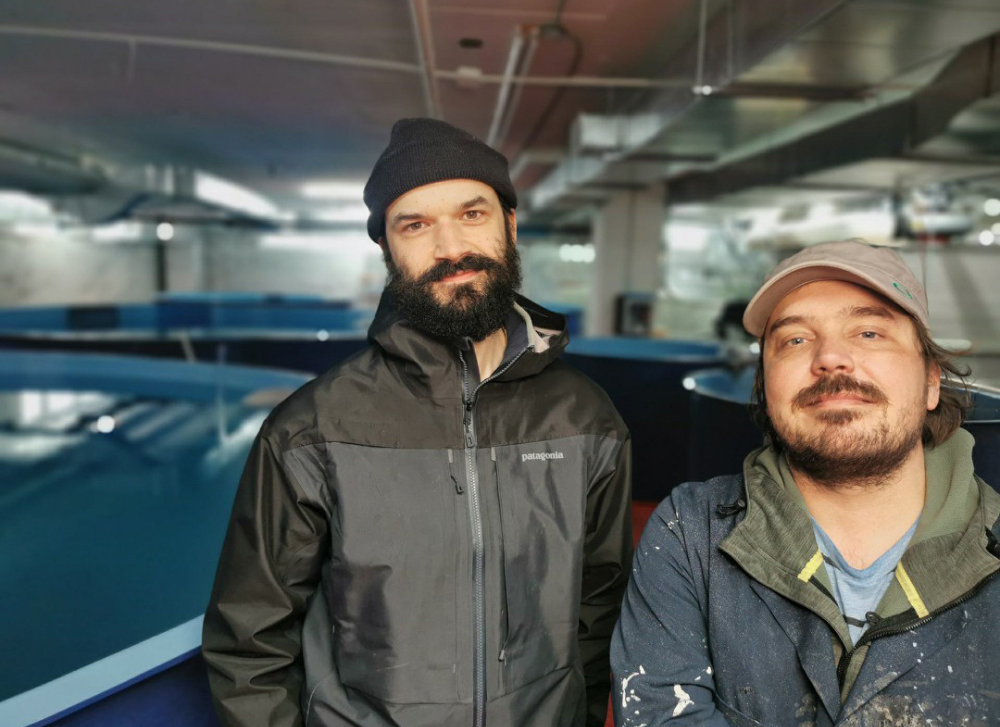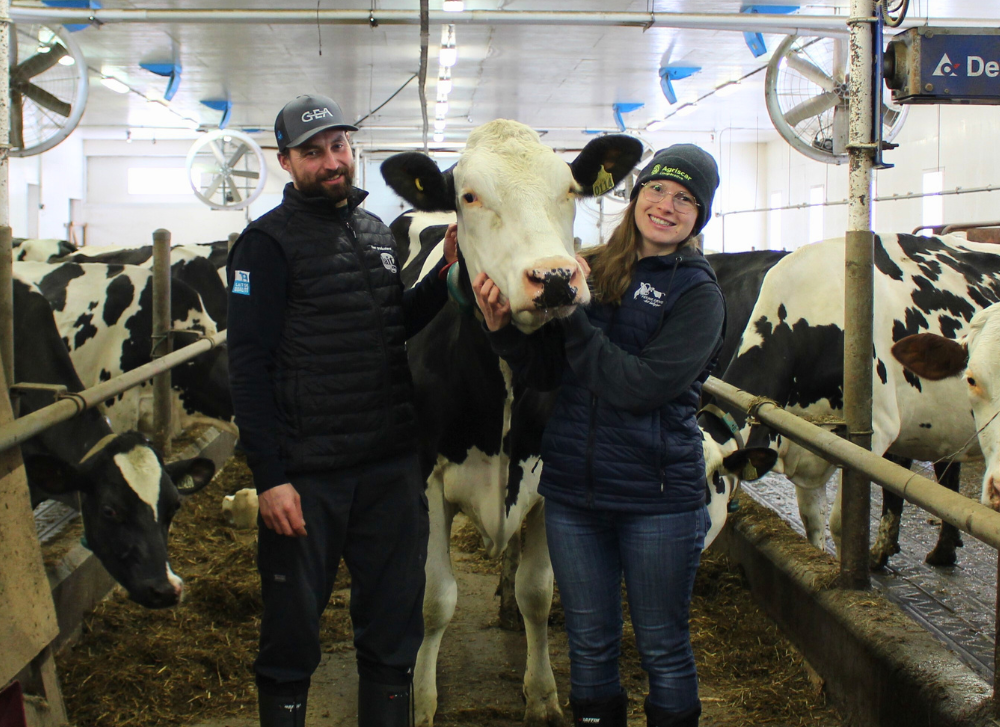The Lady in Green
When you are born in Grand-Métis on the land of the largest egg producer in the lower St. Lawrence and every summer of your childhood you visit the Reford Gardens and pay homage to the emblematic Himalayan blue poppy , can you really escape your destiny? It seems not. With her heart tattooed for life by nature, Caroline Dufour-L'Arrivée founded six years ago Living Agriculture , its agronomic services company dedicated to agroecology.
With degrees in biology, civil engineering and agronomy, the 39-year-old also has a master's degree in the treatment of pig manure by biofiltration and a diploma from the Institute for Research and Development in Agro-Environment (IRDA).
When it comes to living agriculture, there's no doubt that Caroline Dufour-L'Arrivée embraces a wide range of ideas. In addition to her research activities and training in soil microbiology, design, permaculture, food forests, organic orchards and agroecology, Caroline spreads her teachings far and wide ( see video ) in the hope of raising awareness among the next generation of farmers and gentlemen farmers about new ways of producing in a more eco-responsible manner.
Since her first encounters with forestry (and black flies!) planting trees in northern Quebec and Australia, her research trips to the Caribbean and Togo have revealed disastrous realities. The appalling pollution of waterways, negligence in waste management, the misuse of pesticides, and soil erosion have all deeply affected her. Luckily, she's full of optimism.
" I'd like to bring agroforestry to large-scale farming, but there's a lot of awareness-raising to be done. As far away as the St. Lawrence Plain, some farmers still maintain that they're not going to start planting trees where their fathers cut them down. Their soils aren't covered, and erosion is affecting them. But when they think about the cost per square foot of their land, they don't see how they could revalue it with agroforestry. Fortunately, attitudes are changing, and the next generation wants something other than "plaster" solutions ."
In 2014, well before the Minister of Transport spoke of urban densification as a "fad", Caroline implemented On the corner of my street , a self-fertile and sustainable collective vegetable garden-forest project that takes the form of a seven-story nourishing ecosystem: the upper canopy (fruit trees), the lower canopy (small fruit and nut trees), shrubs, herbaceous plants, the vertical layer (climbing plants, vines, beans, etc.), ground cover and the rhizosphere (the part of the soil located around the roots of plants). In short, a vision of the future that promotes biodiversity even in the heart of urban environments. Today, there are about fifteen nourishing forests in Quebec, ranging in size from the equivalent of two tennis courts to that of a soccer field.
Just two weeks ago, thanks to the Laure Waridel Scholarship , Caroline was putting the finishing touches to her Support guide for the establishment of collective food forests scheduled for release in 2023 by Écosociété.
Hired by the Institut de technologie agroalimentaire du Québec (ITAQ) since 2020, she delivers an entire agroecology program online. The young woman promotes agroecology, permaculture, and the holistic approach of living soils. While Caroline admits that organic farming has its limits when it comes to ecological transition, she nonetheless finds it a big step in the right direction. And she's delighted by the fact that there are fewer and fewer conventional farms.
Having relocated to Sainte-Anne-de-Beaupré, Caroline Dufour-L'Arrivée would love to acquire a plot of land of her own where she could teach. Perhaps without realizing it, the eco-initiator is following in the footsteps of Étienne Racine, the pioneer founder of this village who, in 1650, was granted land there. A surname that could inspire the Lady in Green!
Photo credit: Order of Agronomists of Quebec




